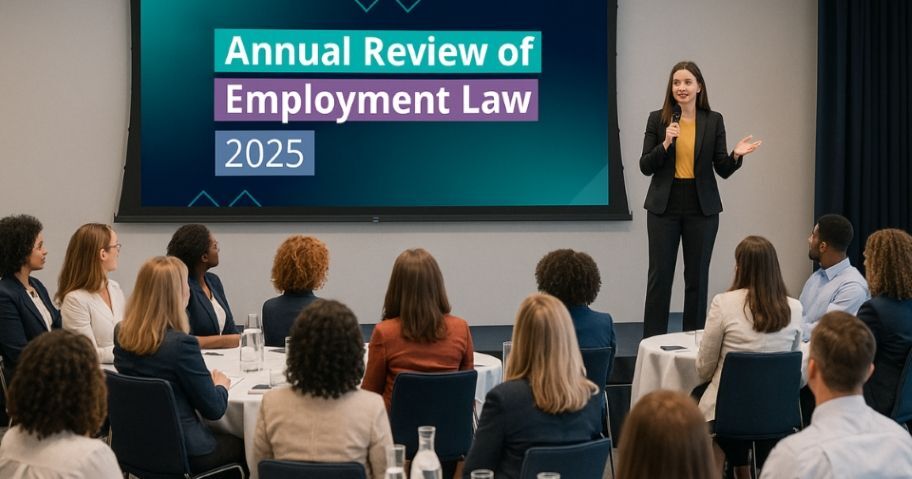Jason Elliott was called to the Bar of Northern Ireland in 2013 and is the Associate Head of School of Law at Ulster University. As a practising barrister, he has developed a largely civil practice representing individuals, companies and public bodies in litigation. This covers a wide range of areas including personal injuries, wills and employment law. In terms of employment law, he has represented both applicants and respondents in the Industrial Tribunal. At Ulster University, Jason lectures extensively on the civil areas of practise such as Equity and Trusts and delivers employment law lectures for both undergraduate and postgraduate students.
Pilot regarded as agency worker as he met the ‘temporary’ requirements despite it being a five year agreement and the specific arrangement whereby he was made to contract using a service company.
The claimant applied to be a pilot for the respondent. He passed a preliminary assessment upon which he was contacted by an agency (the second respondent), who informed him he was being offered a place as a ‘contracted pilot’. The agency instructed that he was to be installed into a personal service company. The claimant was then required to enter into a services agreement between himself as the company representative of the service company, the service company itself and the agency. This then described the first respondent as the ‘hirer’ and the claimant was an ‘independent consultant’.
The contracts repeatedly denied any worker status and included a substitution clause. The claimant was required to be personally available to the first respondent for 11 months of the year and there was no holiday pay paid.
The claimant brought claims for annual leave in relation to the Civil Aviation Working Time Regulations, annual leave under the EU Charter but perhaps most importantly a claim against the two respondents for the same conditions had been directly employed by Ryanair.
The ET and EAT had found in favour of the claimant, noting that he was employed under a contract with the agency and he was deemed to be a worker. The Court of Appeal confirmed a wide and inclusive scope of worker status and that it could apply in the context of a tri-partite agency relationship. To that end, they agreed that the claimant was employed by the agency for the purposes of the annual leave claim under the Civil Aviation Working Time Regulations. Based upon the jurisprudence from the CJEU it was found that there could be an employment relationship between the individual and the agency rather than it having to be with the end-user.
The second issue was whether the claimant was an agency worker within the remit of the Agency Workers Regulations which stated that it was someone who was supplied by a temporary work agency to work temporarily for and under the supervision and direction of the hirer. Much turned on the meaning of temporary. To this end, it was held that there is a binary distinction between contracts of indefinite duration (permanent) and those who were temporary, transitional or limited in time. Accordingly, the claimant fell into the second category and was an agency worker. Therefore, the five year contract with Ryanair still met the category of being temporary as it was not interpreted as meaning ‘short term’. Accordingly, the claimant was successful in his claim.
This decision offers valuable guidance on the definition of an agency worker. By interpreting "temporary" to mean simply "not permanent," rather than requiring the assignment to be short-term, the Court of Appeal - drawing on ECJ jurisprudence - ensures broader protection. It avoids a gap existing in protection for those who are in temporary situations of a longer term. The decision also demonstrates the extent to which the courts will look behind the written agreements to see the realities of the situation for the actual arrangement and its effect.
You can read the case in full here.
Continue reading
We help hundreds of people like you understand how the latest changes in employment law impact your business.
Please log in to view the full article.
What you'll get:
- Help understand the ramifications of each important case from NI, GB and Europe
- Ensure your organisation's policies and procedures are fully compliant with NI law
- 24/7 access to all the content in the Legal Island Vault for research case law and HR issues
- Receive free preliminary advice on workplace issues from the employment team
Already a subscriber? Log in now or start a free trial





